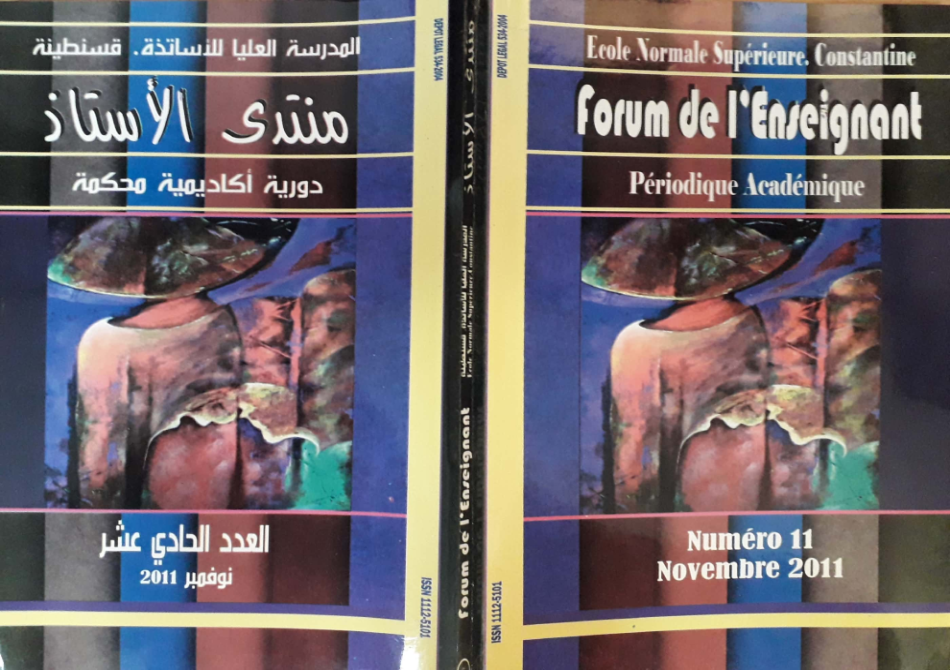The Evolution of the English Language Textbooks in Postcolonial Algeria : Some cultural and educational issues
Abstract
The English language textbooks that have been used in Algerian schools since 1960’s have undergone a number of revolutionary changes and some reforms characterized by the growth of nationalism, cultural identity and exchange, communication needs, and purposeful education. The analysis of the English language textbooks, used at both middle and secondary school levels, will shed light on cultural, educational aspects and language proficiency development of the Algerian learners. The post independence period is characterized by the general use of British course books till the late 1970’s. However, the 1980’s saw the emergence of Algerian textbooks which introduced some national cultural elements and a few pedagogical reforms; the Notional/Functional and communicative trends in language teaching had more impact on textbook design by adapting a functional and communicative purpose and a culturally biased content. The 1990’s tried to remedy to the structural/grammatical shortcomings whereas The 21st century and globalisation brought radical reforms to the course content in general and the textbook in particular: competency based pedagogy and file/sequence organisation, together with a variety of subjects and learning strategies, required much more efforts from the educational partners.





